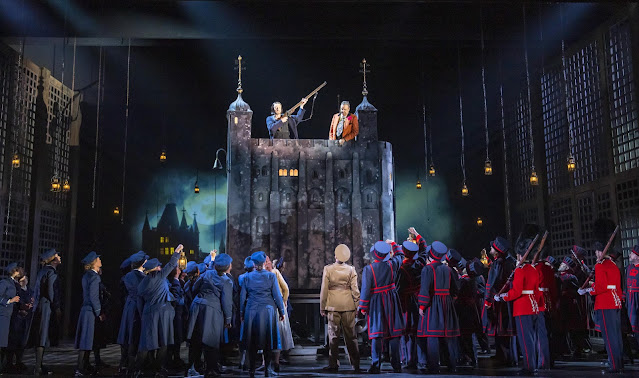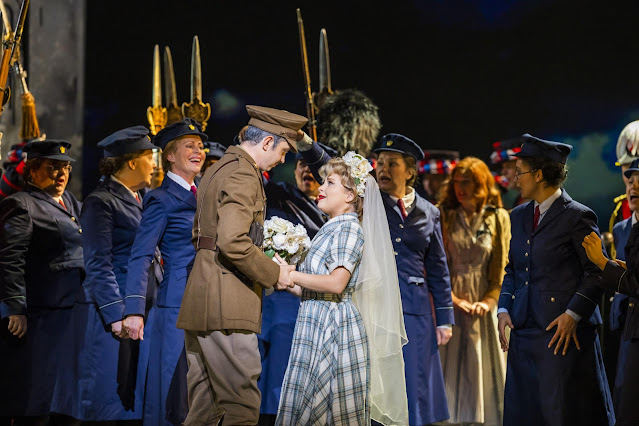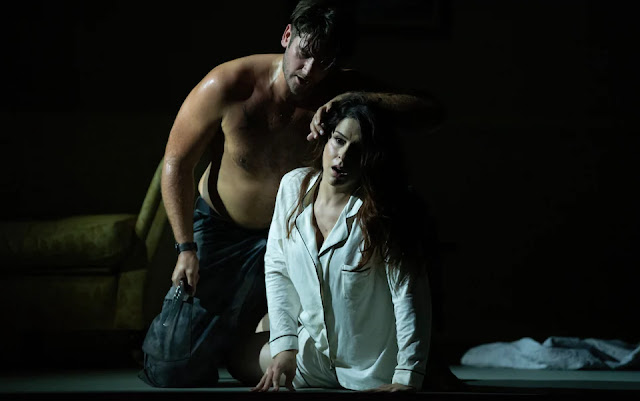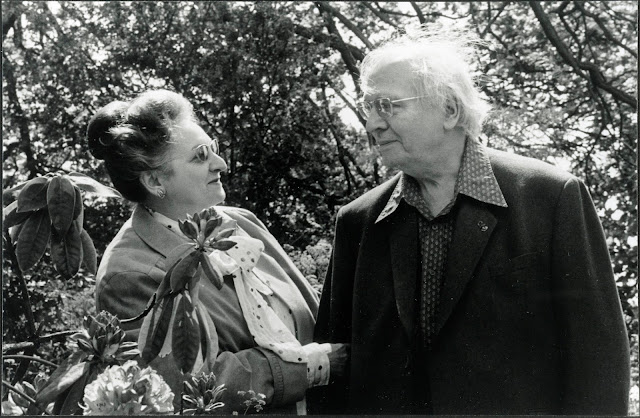Ian Venables: Requiem, anthems by Herbert Howells; Choir of Merton College, Oxford, Oxford Contemporary Sinfonia, conductor Benjamin Nicholas; DELPHIAN
Reviewed 22 November 2022 (★★★★)A warmth and mellow fruitfulness surround this lovely new orchestral version of Venables' recent Requiem
Ian Venables' Requiem debuted in 2019 and I heard the first London performance [see my review] with the first recording, from Adrian Partington and the choir of Gloucester Cathedral on SOMM coming in 2020 [see my review]. That work was for choir and organ, but Venables has now orchestrated the work and the resulting orchestral Requiem has been recorded by the choir of Merton College, Oxford and Oxford Contemporary Sinfonia, conductor Benjamin Nicholas on DELPHIAN.
Venables' teachers included Richard Arnell (1917-2009), himself a pupil of John Ireland, and John Joubert (1927-2019), whose teachers included Howard Ferguson and Alan Bush, and Venables' own music owes clear allegiance to this stream of 20th century English music, tonal, complex, mixing contemplative, pastoral and mystical elements with other more dramatic ones.
There isn't a long tradition of requiems by British composers and whilst Howells did write one, it is an atypical work in that Howells' unaccompanied choral textures are rather different from his use of choir and organ in much of his Anglican liturgical music. When I first heard Venables Requiem, I was struck by the legacy of the French tradition, notably Faure and Durufle, and this is definitely the case in his new orchestral version of the work.
Yes, many of the details here are quintessentially English, and there is no doubting Venables' admiration for a composer like Finzi, but there is something rather French in Venables' manipulation of textures, the interweaving of choir and orchestra into a seamless piece of magic. Listening to the work, and the way Venables weaves chant-like melodies into the music and seems to make his choir and extension of the orchestra, and vice versa, brings us back to Durufle.
Venables is not noted for his choral music, his back catalogue is very devoted to song, and it is interesting to listen to this music and consider how a song composer comes at the text. This is a setting that is very alert to atmosphere. It is a very contemplative piece; yes, there is drama and undoubted sense of anxiety, but this is a Requiem, like that of Faure, designed to console.
There is a real mellowness to the work which seems to have been brought out by the new orchestration, and it feels as if Venables' Requiem has found its true form. Certainly, the version for choir and organ is wonderfully practical and useful, but the colours and the imagination in this new reading of the work are immense.
The disc begins with a trio of anthems by Herbert Howells, with his 1954 anthem The House of the Mind in its original version for choir organ and string orchestra plus two anthems for choir and organ in newer orchestrations, O pray for the peace of Jerusalem orchestrated by Jonathan Clinch and Like as the hart orchestrated by Howard Eckdahl. And it is interesting to hear how these anthems in their orchestral versions provide a sense of continuity with the Venables.
Venables God be merciful was written as a commission in 2020. A setting of words from psalm 67, the work begins quiet and intense, with a sense of Venables' English roots clearly heard. The disc ends, somewhat in full circle, with Venables' organ piece Rhapsody 'In memoriam Herbert Howells'
Herbert Howells (1892-1983), orchestrated by Jonathan Clinch - O pray for the peace of Jerusalem
Herbert Howells, orchestrated by Howard Eckdahl - Like as the hard
Herbert Howells - The House of the Mind
Ian Venables (born 1955) - Requiem, OP. 48
Ian Venables - God be merciful, Op. 51
Ian Venables - Rhapsody ‘In memoriam Herbert Howells’, Op. 25 for solo organ
Choir of Merton College, Oxford
Oxford Contemporary Sinfonia
Benjamin Nicholas (conductor and organ)
Recorded on 27-29 June 2021 in the Chapel of Merton College, Oxford
DELPHIAN 1CD [77:30]
Never miss out on future posts by following us
The blog is free, but I'd be delighted if you were to show your appreciation by buying me a coffee.
Elsewhere on this blog
- Celebrating St Cecilia's Day in style: Freiburg Baroque Orchestra in Purcell and Handel at Wigmore Hall - concert review
- Changing Standards: London Sinfonietta at the EFG London Jazz Festival - concert review
- Music for French Kings: Amanda Babington introduces us to the fascinating sound-world of the musette in French Baroque music - cd review
- 2117/Hedd Wyn: Stephen McNeff & Gruff Rhys' Welsh language opera celebrating the Welsh poet - record review
- The sad clown and the ingenue: Jo Davies' 1950s-set production of The Yeomen of the Guard from English National Opera - opera review
- Young artists from Britten Pears Arts and Royal Opera impress in Britten's The Rape of Lucretia -opera review
- What it means to perform Turangalila: pianist William Bracken shares his thoughts on Messiaen's Turangalila Symphonie in advance of performing it- feature
- Massive climaxes & mystical moments: Vaughan Williams' A Sea Symphony is the centrepiece of The Bach Choir's celebration at the Royal Festival Hall - concert review
- Unnervingly different: Icelandic experimental composer Guðmundur Steinn Gunnarsson's Landvættirnar fjórar - record review
- English music with a French accent: Ensemble Correspondances and Sébastien Daucé in Matthew Locke's Psyche - record review
- The friendship of Hector Berlioz and Théophile Gautier in song at the London Song Festival - concert review
- Any successful society has music at its core: pianist Iyad Sughayer on his new music academy in Jordan - interview
- Home


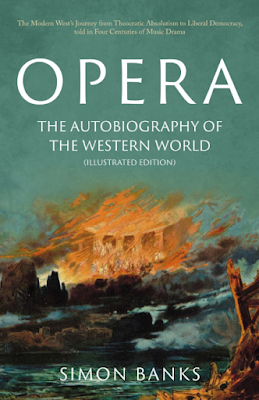
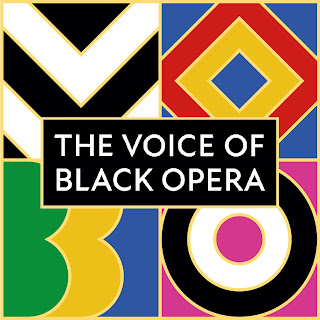
.jpg)

+Andrej+Grilc-01420.jpg)


Tricia%20Yourkevich%20BBC...jpg)
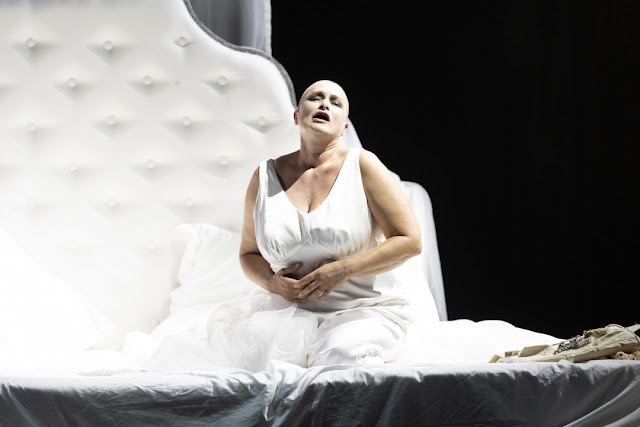
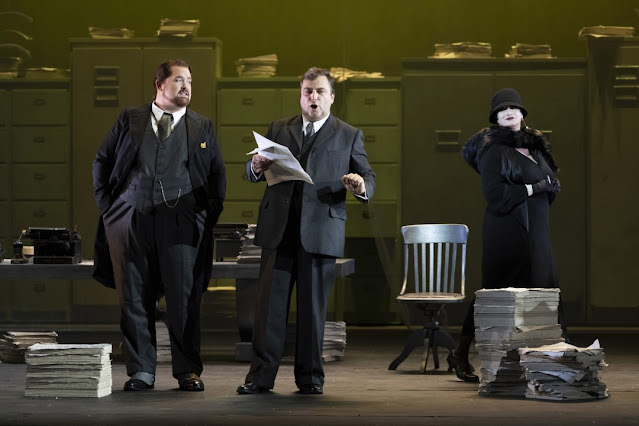

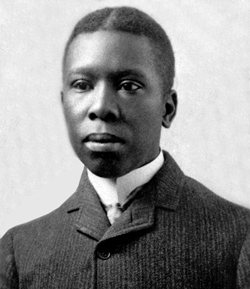



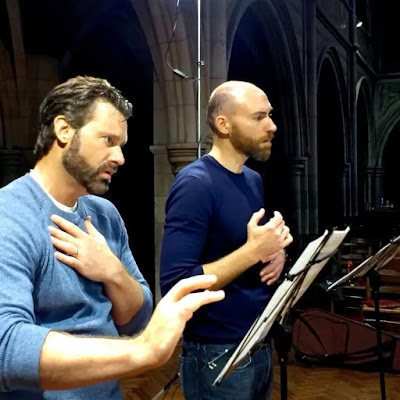
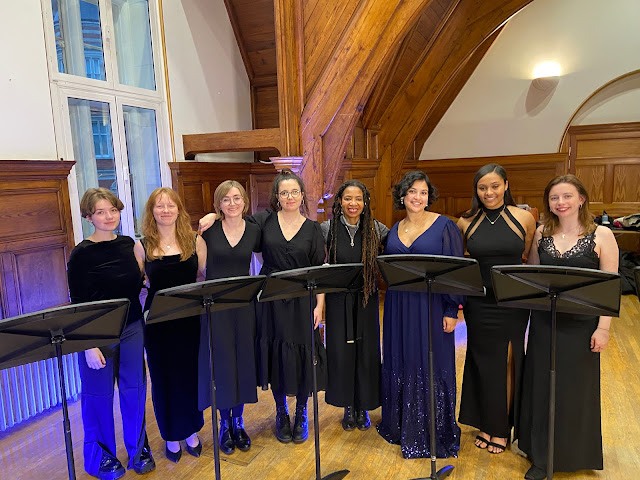

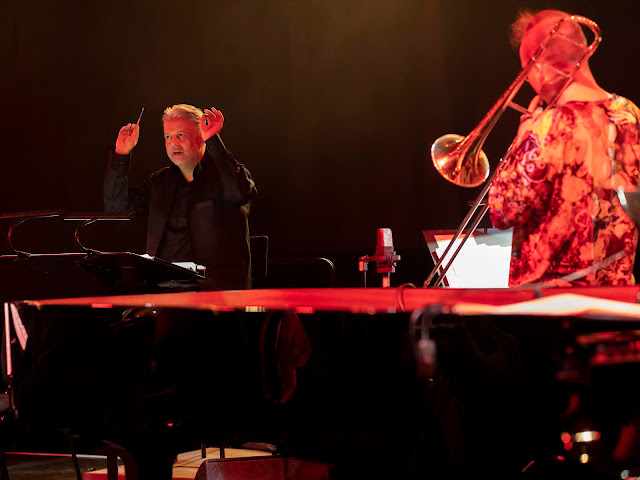


.jpg)

